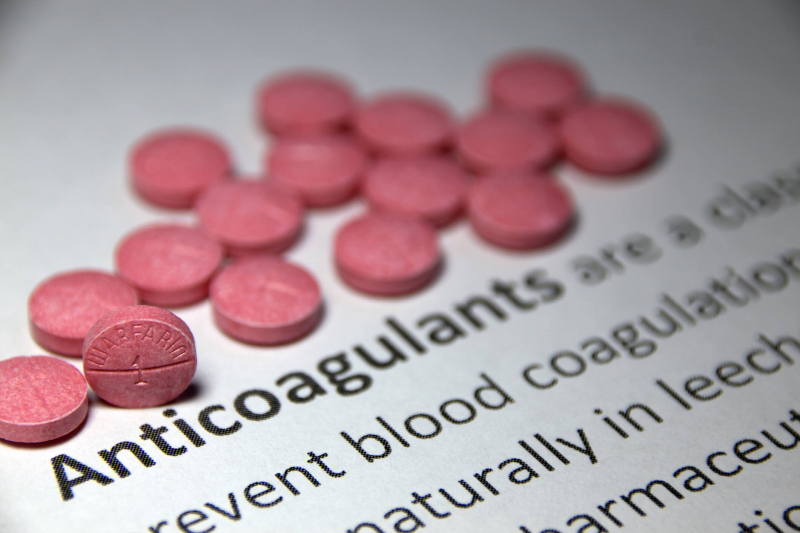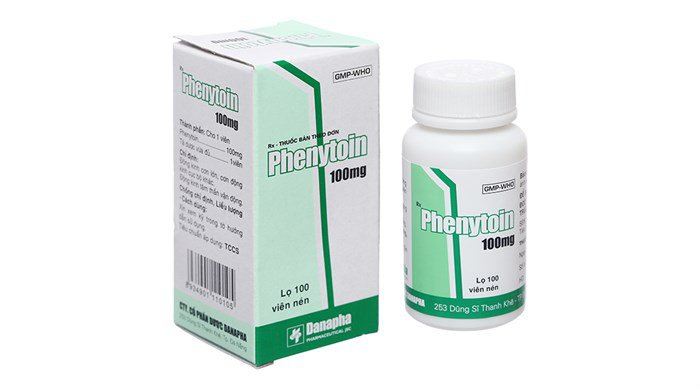Interactions

Top 6 in Top 8 Things to Know About Adderall
When taken with Adderall, medications that interact with it may either lessen its impact, shorten its duration of action, amplify adverse effects, or have no effect at all. Even while it is not always necessary to cease taking one of the drugs, sometimes there is an interaction between two drugs. Consult your doctor to learn how to handle drug interactions. Typical drugs with which Adderall may interact are:
- anticoagulants (blood thinners), such as warfarin, or other drugs that have blood-thinning effects such as aspirin or NSAIDs
- anticonvulsants, such as phenytoin, phenobarbital, or primidone
- antidepressants, such as tricyclic antidepressants (eg, amitriptyline), monoamine oxidase inhibitors (eg, isocarboxazid, phenelzine, and tranylcypromine), or SSRIs (eg, fluoxetine, sertraline)
- antipsychotics (such as butyrophenones, phenothiazines, or thioxanthenes) and atypical antipsychotics (eg, olanzapine, quetiapine, ziprasidone)
- any medication that may cause drowsiness, such as benzodiazepines (eg, diazepam, lorazepam), first-generation antihistamines (such as doxylamine or promethazine), metoclopramide, or opioids (such as codeine, morphine)
- beta-blockers, such as atenolol, labetalol, or metoprolol
When using Adderall, avoid consuming alcohol and using illicit or recreational substances.









